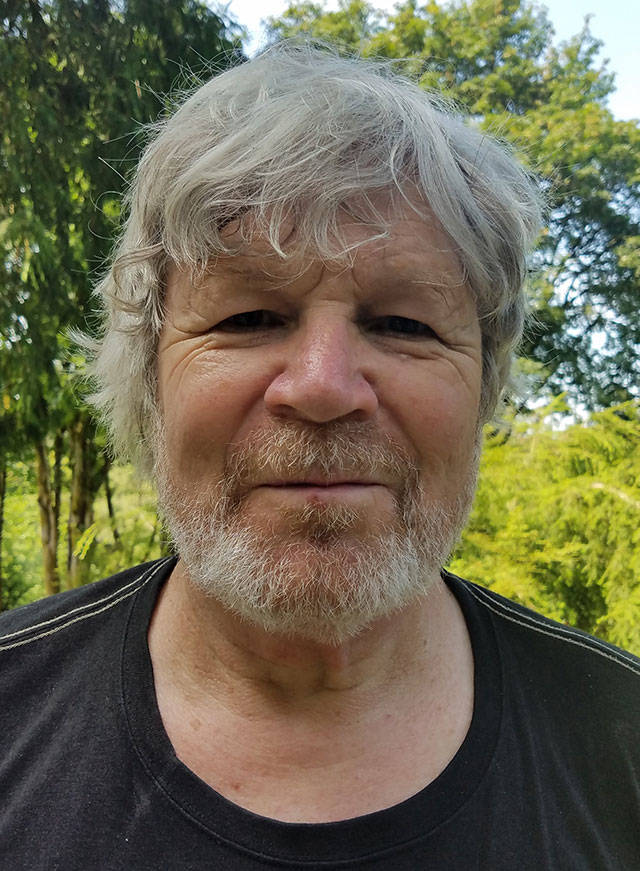Just before moving to Vashon, in the late 1960s and early 70s, I lived for eight years in a Seattle commune. Many of us were still in college or just starting our work life. We were homogeneous in that we came from middle-class backgrounds, but we still had our struggles getting along and keeping the rent paid.
Collectively, we aspired to do great things for the world. If one of us was struggling with a breakup, unemployment, an injury or was just hard to get along with, an astounding amount of time was spent dealing with “their issue.” That many people living in such proximity was not sustainable. People want more privacy and independence. How much time do you have to discuss whether the budget can afford margarine or butter?
Tenement buildings across the United States have been torn down in part because packing people from the same socioeconomic background and condition into a beehive is a failed plan. To succeed, a community needs a healthy dose of people who are problem solvers. Often, people in the lower socioeconomic strata must focus on survival. Their struggle can limit the bandwidth to help with other people’s issues.
Now let’s look at the “beehive” being proposed at SW 188th and Vashon Highway, where 40 people will be packed into five houses next to each other. Each of the five homes will have eight bedroom suites and share a group kitchen and living room. The county and state, which are expected to fund the project, are considering committing $6 million to this project and could subsidize housing construction and rental income for a lot more than 40 people, and better integrate those less fortunate with neighbors who can assist them.
The test of time has proven that the housing crisis has many facets that must be addressed simultaneously for any hope of a lasting solution. The idea below doesn’t solve everything but could be an elegant portion of a solution, particularly when compared to the current beehive plan.
Let’s consider the course that the Seattle City Council recently unanimously passed. The presentation here alters the idea a bit.
By lottery or on a first-come, first-served basis, change the zoning here to allow the construction of 100 small cottages to exist on lots that meet three criteria. The cottages would be rent-controlled to guarantee them as “affordable housing,” there must be utilities available, as determined by King County, and the owners must live on the property. Spend the above mentioned $6 million to assist the tenants in social needs, job training, alcohol and substance abuse counseling, rent and food support. The Access Bus already covers special needs transportation.
Contrary to the “beehive” rules, the cottages could accept couples and/or roommates, because they can help each other.
When we help house island workers on our own land and get to know them ourselves rather than asking others to do it for us at arm’s length, we save both money and build community. If we only rely on new development and taxpayer-funded grants, we protect our self-image of being “caring” but in fact are not stepping up to personal responsibility. When we share our property with others, we support the island’s history of mixing economic groups together rather than boxing lower income workers an arms-length away. We should not expect government or nonprofits to do the caretaking that is our community responsibility, and we should not feel progressive or kind when we make this choice.
Progressivism demands diversification. Where would you rather live, in a beehive, or your own small cottage? We are on the cusp of thoughtful changes. Opportunity lies ahead to make things better.
— W M “Luke” Lukoskie, a 44-year Vashonite, founded Island Spring Organics, the tofu manufacturing facility, which employs 24 people. He has been a general contractor all his adult life and is the father of three daughters.



